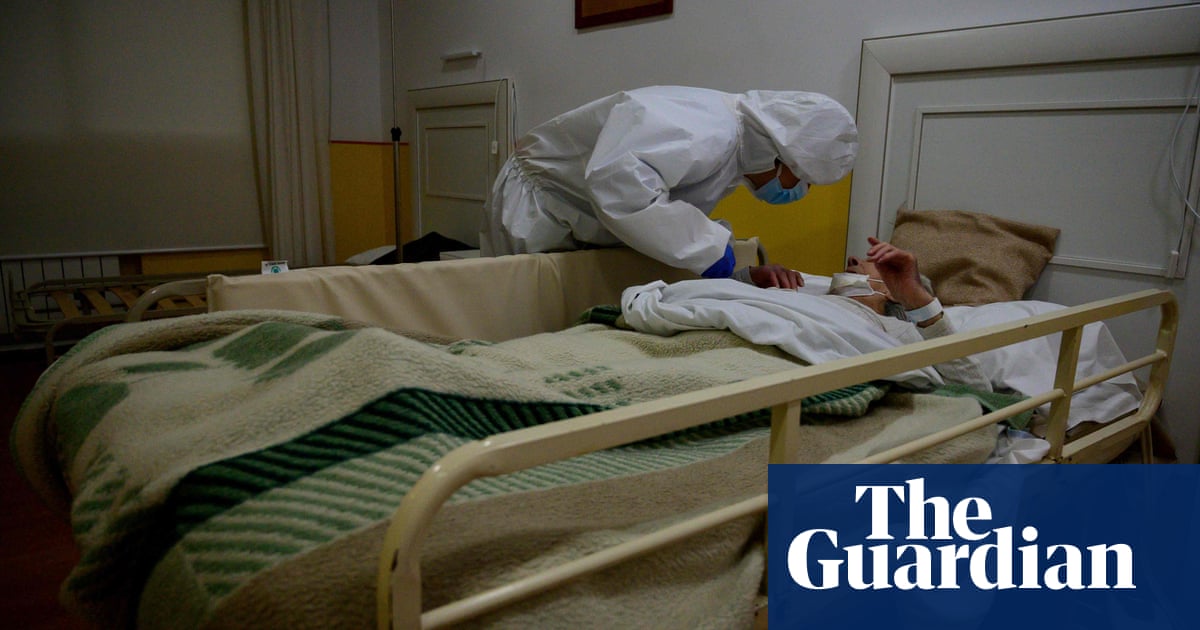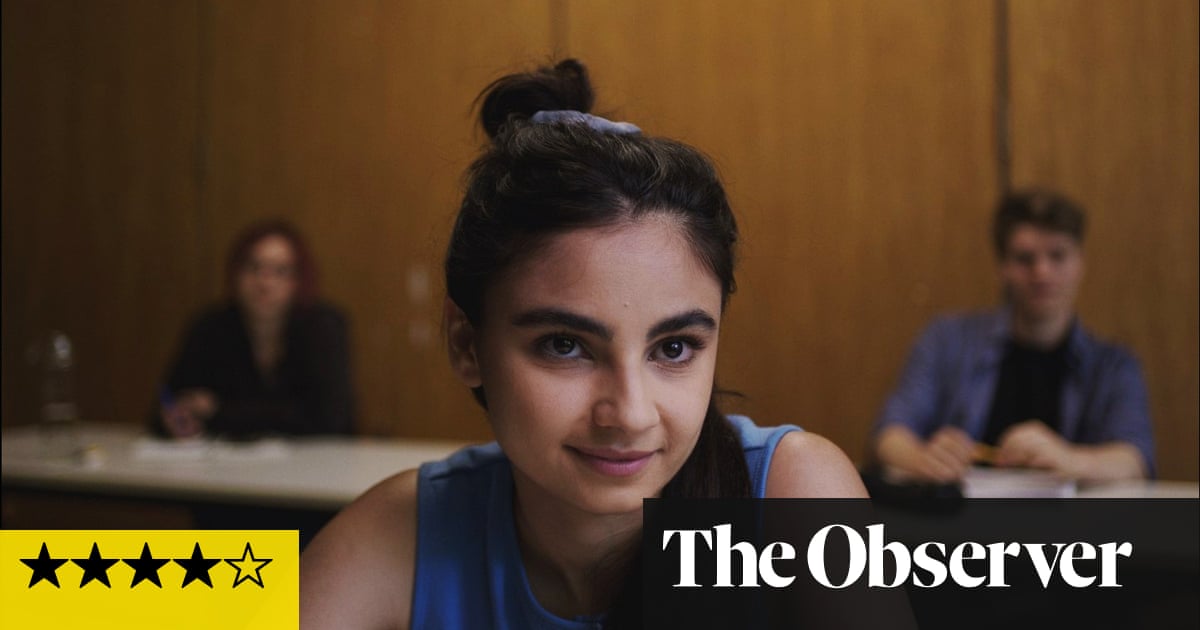The lives of more than 4,000 care home residents in Madrid could have been saved if the regional government had allowed them to be treated in hospitals, the findings of a citizen-led Covid commission have suggested.
Launched in April last year, the commission spent months researching and compiling the testimonies of family members, care home staff and experts in an attempt to piece together how the region’s residential homes came to rank among Europe’s deadliest in the early months of the pandemic.
What they claimed to have found was that the number of patients being transferred to hospitals in Madrid plunged just as infections began to rise in March 2020, said the commission’s 148-page report, published earlier this month. Instead, care homes grappling with staff shortages and lacking protective gear such as masks, medication and treatments such as oxygen, were allegedly left to their own devices.
The grim scene that initially played out in care homes burst into public view after soldiers were drafted in to help tackle the spread of the virus. “During some of its visits, the army has seen some totally abandoned elderly people – even some who were dead in their beds,” the country’s defence minister, Margarita Robles, said in a TV interview in March 2020.
A total of 9,470 people died in March and April 2020 in Madrid care homes – roughly one in five residents – a death toll that far exceeded other regions of Spain, according to the commission. Most of those who died – nearly 7,300 – were not treated in a hospital, it alleged.
The commission highlighted a series of protocols in place from March to mid-April, reported widely in Spanish media, which appeared to show that the Madrid government, led by the rightwing People’s party, had allegedly initially instructed officials to block the transfer of sick people who lacked private healthcare insurance or who had conditions such as physical disabilities or cognitive deterioration.
“That request to be transferred, from the nursing home, from the family member, and being told no from emergency services, from the hospital – that was a political decision,” said Fernando Lamata Cotanda, a doctor and politician who oversaw the health portfolio in a regional Socialist government and who was part of the seven-person commission. “They may not have died had other political decisions been made.”
He pointed to data, compiled by the commission, showing that of those who were allowed to be transferred from care homes to hospitals, about 65% survived. The figure suggests many of the 7,291 people in Madrid who died without being transferred could have been saved, he said.
The Madrid government has previously denied the claims. When contacted for comment, a source with the Madrid government described the commission’s report as “completely politicised” and said the region’s professionals and administration “did everything humanly possible to save as many lives as possible”.
The source said the authors of the study did not take into account “that population density is a determining factor in the incidence of this virus”.
The Spanish legal system had shelved up to 19 proceedings lodged over the deaths in residences, the source added.
The regional president, Isabel Díaz Ayuso, has repeatedly defended her government’s response to the pandemic. “If an elderly person was seriously ill with Covid-19, they couldn’t have been saved anywhere,” she told the regional assembly last month.
The Madrid region initially launched an inquiry into the care home deaths, but the effort was stalled in 2021 after early regional elections. After campaigners’ calls to restart the inquiry were ignored, they launched the citizen-led commission, led by a former judge from Spain’s supreme court.
Part of the aim, said Maria Jesús Valero of the Marea de Residencias, one of the groups that launched the commission, was to ensure that any mistakes made during the pandemic were not repeated. “If this had happened in a school, there would be a revolution,” she said. “But because it was the elderly, it’s like nothing happened.”
Her father was among those who died in a care home in Madrid. “He died alone, without any relatives next to him, without anyone around who loved him,” said Valero. “I wasn’t permitted to see him. My father was cremated, and they gave me the ashes three months later.”
Her organisation has also sought justice in the Spanish courts, launching more than 300 legal challenges against the regional government, care home directors and some of the companies that run the homes. While the bulk of these challenges have been dismissed, judges have yet to weigh in on about 100 of them.
A 2022 report by Amnesty International accused prosecutors of failing to properly investigate the legal challenges, citing the fact that some cases were closed before families or care home staff were contacted.
“There is a risk of absolute impunity,” Esteban Beltrán, the organisation’s director in Spain, said in early 2022. “You can reach that conclusion but first you have to properly investigate.”
In its report, the commission called for Madrid officials to reopen the inquiry and urged prosecutors to examine what happened in the region’s care homes.
Those who helped to launch the commission said the report would be sent to institutions across Spain and the EU.
“We’re going to keep fighting. This is the biggest violation of rights in the history of Spain’s recent democracy,” said Carmen López, whose mother had Covid-19 for more than three weeks in a care home, dying one day after she was finally transferred to hospital. “We’re not going to tiptoe around a whole generation being massacred under these circumstances.”
Among those who testified in front of the commission was Maria Ángeles Maquedano, a staff member at a home where 75 of the 205 residents succumbed to the virus. “We didn’t even have morphine to give them to calm them down,” she told the commission late last year. “They died clinging to the bars of their beds, trying to breathe.”






